One of our PhD students Dyhia Belhabib headed a study that revealed catch numbers in Senegal have been misreported largely due to high levels of illegal fishing.
Belhabib’s research —a joint project with Sea Around Us and US Agency for International Development— found that the number of industrial catches is vastly underestimated. She worked with the DPM, World Wildlife Fund and data from the U.S. Navy, in the study that began in March 2012. It was published earlier this month.
In effect, the study has increased Senegal’s awareness of illegal fishing vessels. Earlier this month, they arrested members of an illegal Russian vessel for fishing in Senegalese waters.
Belhabib’s report stated that official reports and fishers’ accounts document the presence of illegal vessels—which are thought to be a major cause of problems for Senegalese artisanal fisheries.
Belhabib noted that artisanal fisheries have increased in both time and space.
“They go out more often and travel further away,” she said. “It’s been undetected for years.”
Senegalese artisanal fishing numbers have been reported at 80 per cent, but Belhabib’s research discovered the numbers are closer to half artisanal fishing and half industrial.
She stressed the importance of the findings, as they’ll help fishery decision-makers make more informed policy choices.
“These findings can help solve the problems of over-capacity in Senegalese waters,” she said.
You can read more about the study here:
http://www.sciencedirect.com/science/article/pii/S0165783613003007
See press on illegal fishing in Senegal here:


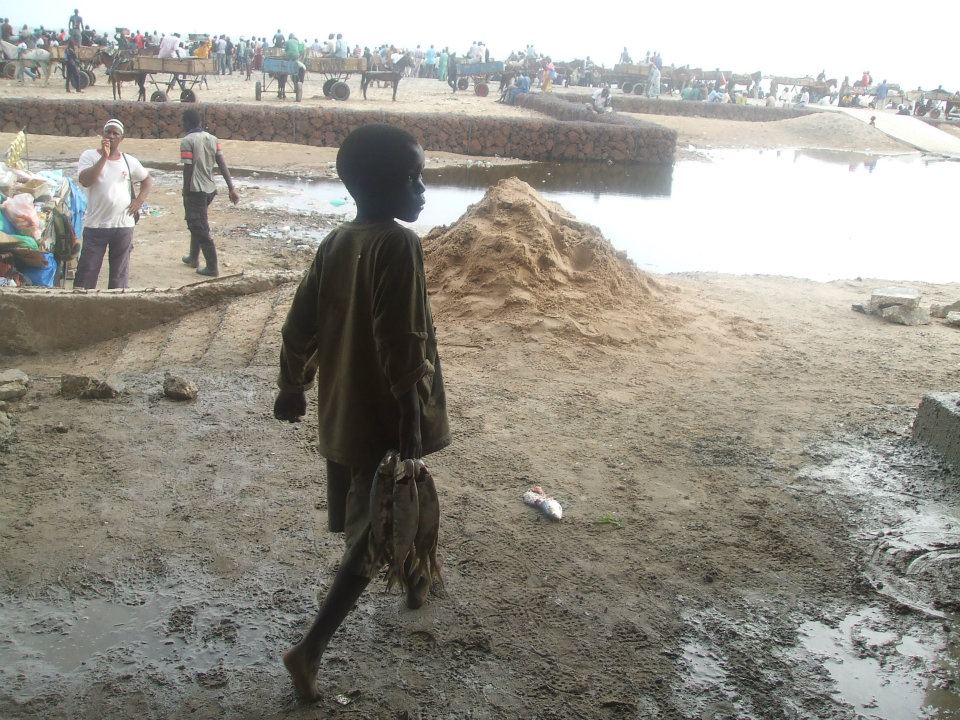
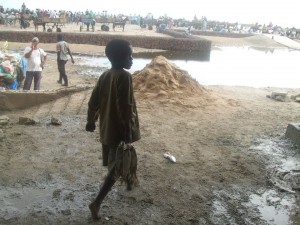
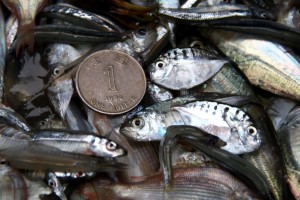
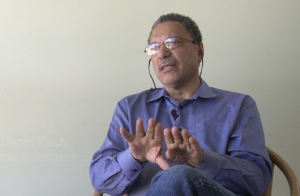
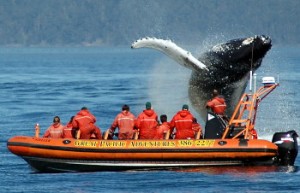
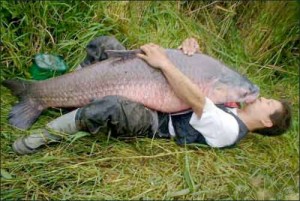

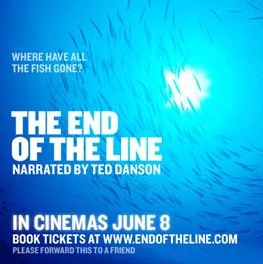 The End of the Line, a film that documents overfishing,
The End of the Line, a film that documents overfishing,